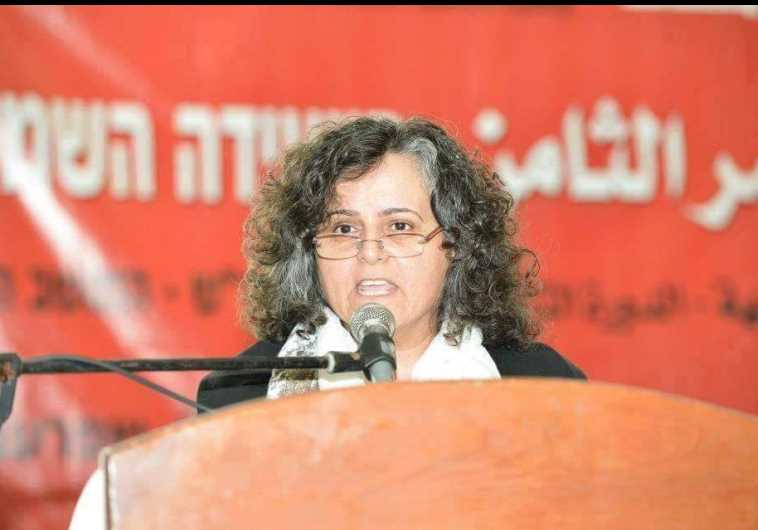Meet the New MK: Joint List's Touma-Sliman wants to enact feminist laws, improve lives of Arabs
Before becoming an MK, she headed the largest Arab women's NGO in Israel and was the editor-in-chief of an Arab-language daily newspaper.
 Joint Arab List MK Aida Touma-Sliman
Joint Arab List MK Aida Touma-Sliman